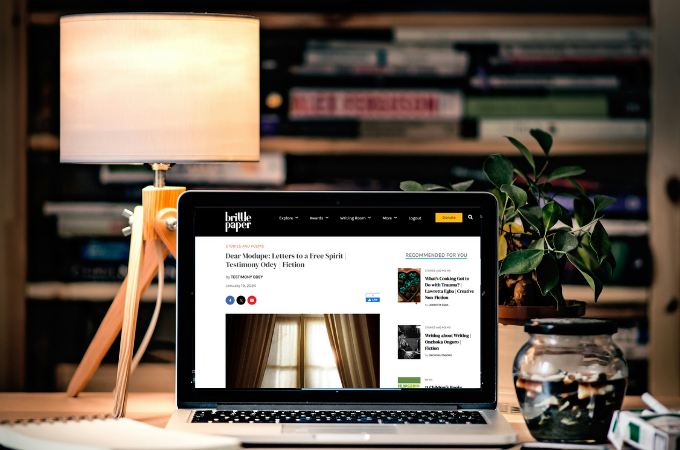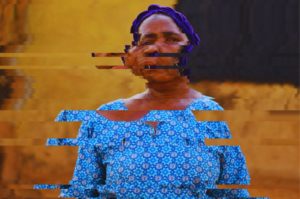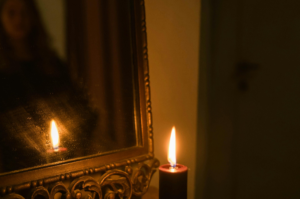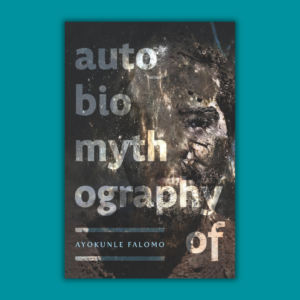
Title: Dear Modupe: Letters to a Free Spirit
Author: Testimony Odey
Genre: Short fiction
Publisher: Brittle Paper
“Dear Modupe” is an evocative tale that delves into the labyrinthine corridors of affection and longing. This narrative is a symphony of emotions, a sweeping odyssey that ravishes the heart and soul. Skillfully crafted, the story is a tale of love, obsession, and heartbreak, set against the backdrop of a doomed relationship revolving around the narrator’s all-consuming passion for Modupe, a woman he becomes obsessed with after a chance encounter at the bank. With the deft strokes of a master artist, Testimony paints a canvas of words, a kaleidoscope of feelings that swirl and eddy like a maelstrom. The narrator’s voice is a gentle breeze that whispers secrets, a confessional that unveils the deepest recesses of the human experience. The story is a diaphanous tapestry, woven from the threads of memory, regret, and yearning. Each sentence is a delicate petal that unfurls like a rose in bloom, revealing the tender beauty with a lyrical tune and a melodic cadence that echoes with the rhythms of the spirit.
In this remarkable story, love is pictured not as a destination but as a journey, a meandering path that winds through the topography of souls. The narrator’s obsession is a siren’s call, a mesmerizing melody that entices and fascinates. Modupe, the elusive and enigmatic muse, is a mirage that shimmers like a desert oasis. She is concerned about her freedom—the same freedom that later becomes a problem for Iderima, whose fixation on her is palpable. His desire to “mould” her into his ideal partner is a powerful exploration of the dangers of assertiveness and control in relationships. Through the narrator’s inner turmoil, the storyline explores the blurring of boundaries between possessiveness and protection. The character’s realization that he “could not handle” Modupe’s independence as a modern woman is a poignant commentary on the fragility of male ego and the need for control.
We are made to understand that Iderima’s decision to go into a relationship with Modupe was simply a result of the profound desire he had for her. At the sight of beauty and attractions, he failed to consider other factors in a woman and therefore agreed to be with her regardless of her will to be a free spirit—a woman under the watch of no man. This attribute of hers was something he believed could be controlled later in the relationship, so he overlooked it from the start. To be in love is to be insane, and Iderima prefers to be called crazy than to lose Modupe. As he moves into her house, he brushes off the opinions of his family and friends who consider such an act an insensitive irony. “Was it not a woman that was supposed to move into a man’s house?” With this, it is easy to tell that their bond was indeed “pure bliss,” until the night he allowed his temper to take over and dared raise his hand on her, an action he will forever regret.
The story is immersive, with vivid descriptions of settings and emotions that draw the reader into the narrator’s world. The use of language is deliberate and effective, creating a dream-like atmosphere that underscores the narrator’s distorted perceptions. The painting of beautiful imagery can be easily noted in instances of describing Modupe’s beauty, and the mention of a milky white coloured bathtub which also reminisces about the sweetest moments they had together. The description of the windows, curtains, skies, and other surroundings has successfully contributed to the construction of mental images throughout the work.
In the end, it is not just a tale but an experience, a journey that leaves the reader craving for more. Testimony has achieved the alchemy of art, transmuting mind-blowing ideas into a piece of gold, a masterpiece as beautiful as its author. Her artistry, like a form of sorcery, is a spell that binds and transports readers to a realm of emotional intensity.
One final thing I must applaud is her point of view and how she managed to generate a whole story of this nature in the form of a simple written letter. So, as the audience, we listen not from Testimony but from Iderima, who writes to Modupe. This appears to be one of numerous letters he has written, waiting and hoping that she might one day reclaim the space he has in his heart for her.
Photo by Radek Grzybowski on Unsplash









COMMENTS -
Reader Interactions